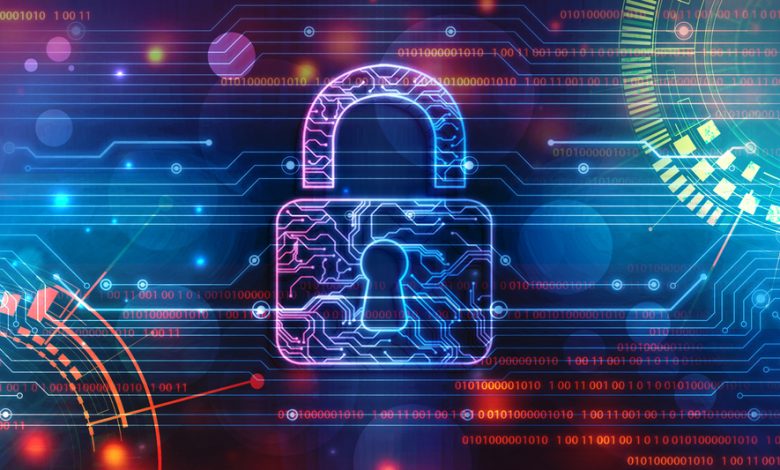
Despite the fact that the war for control of Ukraine is almost half a world away from the United States, most Americans are making an incorrect assumption that unless US troops are to be deployed as part of the forces promised by NATO Secretary-General Jens Stoltenberg, that this war will be like so many others in a never-ending list of conflicts that often prove to have just a nominal effect on America.
But that doesn’t mean that there aren’t numerous economic implications to a war in Europe for the US. One can even argue that this conflict can actually benefit the citizens of the US, even if it hurts Joe Biden’s terrible energy policies. That’s because the Ukraine War may finally wakeup “Sleepy Joe” to the fact that his reversing of Trump-era energy policy while enriching Vladimir Putin by hundreds of millions of dollars is only enabling Russia’s costly and destructive military operations.
Another clear reason that this Russian military operation is happening now is the weakness projected by another Democratic Party President having a red line ignored by a dictator. So, in consideration of these factors, this new war will certainly usher in the arrival of what will be the most common theater of war in the future – the cybersphere.
Over the past several weeks leading up to the Russian invasion of Ukraine, there were waves of cyber-attacks targeting the country, and they continue with no sign of slowing. In the weeks before the Russian invasion, hackers from Russia were also targeting western nations, as US intelligence agencies including the Department of Homeland Security, the FBI, and the Cybersecurity and Infrastructure Security Agency, issued several alerts that warned against Russian-based cyberattacks.
America, at this point, is already well acquainted with the damaging potential of Russian cyberattacks. Just this past spring, Russian cyberattacks caused supply chain issues for both the Food and Energy sectors as a result of the JBS Foods and Colonial Pipeline hacks. As bad as those attacks were, they pale in comparison to what we may experience during wartime, especially if you consider the information collected and backdoors obtained via the SolarWinds Attack. That attack targeted thousands of users of Orion software via a seemingly normal software update. The users were both private and public sector organizations, including many that help to manage critical American infrastructure.
SolarWinds, for all the media attention it garnered, was really only one of countless reconnaissance hacking operations carried out by Russian cyber gangs, most of whom fall into the category of being state-sponsored APTs. Russian cybercriminals had previously attacked Ukraine in a similar fashion during the 2015-2016 Petya/NotPetya hacking attacks that was also based around an update to a popularly used software program.
But the big wildcard that exists currently is the recently announced enhanced partnership between China and Russia. The alliance was formed to challenge America as the world’s greatest superpower, as well calling into question NATO’s stance as the “cornerstone of international security.”
Many observers are blaming the weakness projected by the current US President, Joe Biden, for the new aggressiveness in the territorial ambitions of both Russia and China. We all know that Russia had long desired to reacquire Ukraine, although they never attempted an invasion during the Trump administration, while the Chinese have threatened Taiwan’s sovereignty in the months following Biden’s embarrassing Afghanistan exit.
With expectations being that Russia will be met with force from NATO, this new Sino-Russo partnership is capable of initiating a new cyber offensive that is more destructive that any in history. The reason being, China and not Russia, is actually seen by many experts as the world’s top offensive cyber power. In the past, China can claim the hacking of a US Navy contractor affiliated with the Naval Undersea Warfare Center in Newport, Rhode Island. And even before that, in 2015, NBC published an NSA document revealing "more than 600 corporate, private or government 'Victims of Chinese Cyber Espionage' that were attacked over a five-year period, with clusters in America's industrial centers."
This new alliance may choose to leverage the intelligence it has collected over the years. If so, it can have a devastating impact on America from half a world away. A global cyber initiative against the west would potentially be made worse should allies of this new alliance, cyber powers North Korea and Iran, get involved.
This horrifically sad drama will continue as long as Russia continues to insist on taking Ukraine. With Russian President Vladimir Putin ordering Russia’s nuclear forces to go on high alert in response to statements by NATO countries on Sunday, the world has to worry about more than just conventional warfare and large-scale hacking operations, as this time in history may represent the closest the world has been to nuclear war since the fall of the Soviet Union.





Leave a Reply
Thank you for your response.
Please verify that you are not a robot.